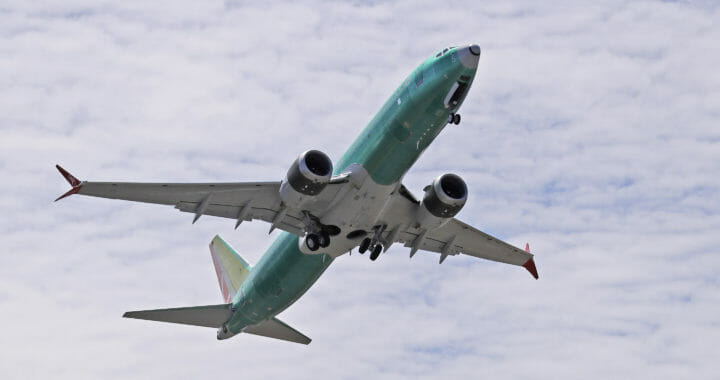
United Airlines on Friday said it’s planning to cut 13 of its 67 officers in an effort to save money as the coronaviruscontinues to keep a lid on travel demand.
The Chicago-based carrier, like its competitors American and Delta, is offering voluntary separation options and other packages to thousands of employees. Layoffs or cuts to pay rates are prohibited through Sept. 30 under the terms of $25 billion in federal aid for the airline industry, though some carriers have cut workers’ schedules. The executives’ departures are effective Oct. 1.
Air travel demand hit the lowest point in decades because of the virus. While more travelers are hitting the skies as the peak spring and summer travel season gets underway, demand is still down sharply. Federal data showed 87% fewer people passed through U.S. airport checkpoints on Thursday than a year ago.
“While there are glimmers of good news in our July schedule — we expect to be down about 75% versus 90% right now — travel demand is still a very long way from where it was at the end of last year and the financial impact on our business remains severe,” United said in a written statement.
The cuts to the officer-level jobs include those working on the airline’s network, regional hubs and in community engagement. United declined to say how much money the resulting reorganization will save the company.
Airlines have idled hundreds of jets, cut thousands of flights and are slashing capital expenditures in response to the sharp drop in revenue. Carriers recently posted their first losses in years and executives warn their financial situation will worsen before it gets better. United said in its quarterly report late last month that it had $9.6 billion in liquidity after getting $4 billion from loans, aircraft financing deals and equity sales. The amount did not include roughly $5 billion in payroll support from the government.
United’s new CEO, Scott Kirby, who took the reins last week, told a webcast investor conference on Thursday that filing for bankruptcy is not “even remotely” in the cards for the airline, calling it “the dumbest question possible.”
“Zero percent, no chance,” Kirby said. “It’s worse for shareholders. It’s worse for creditors. It’s worse for employees. It’s worse for every constituent that we have.”
